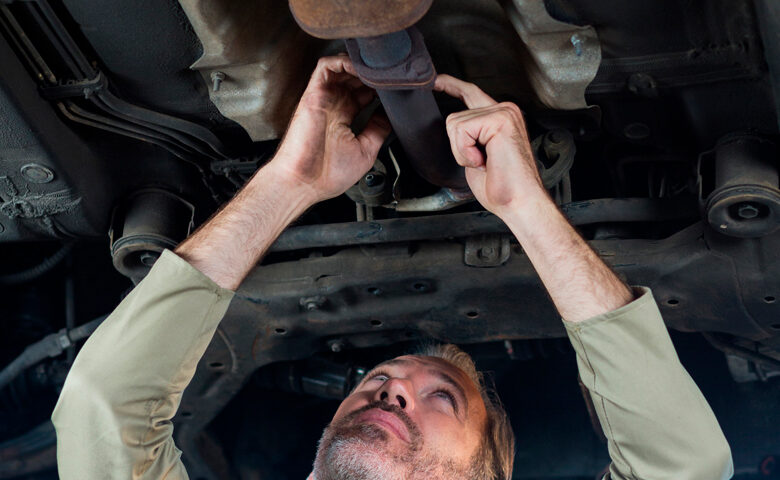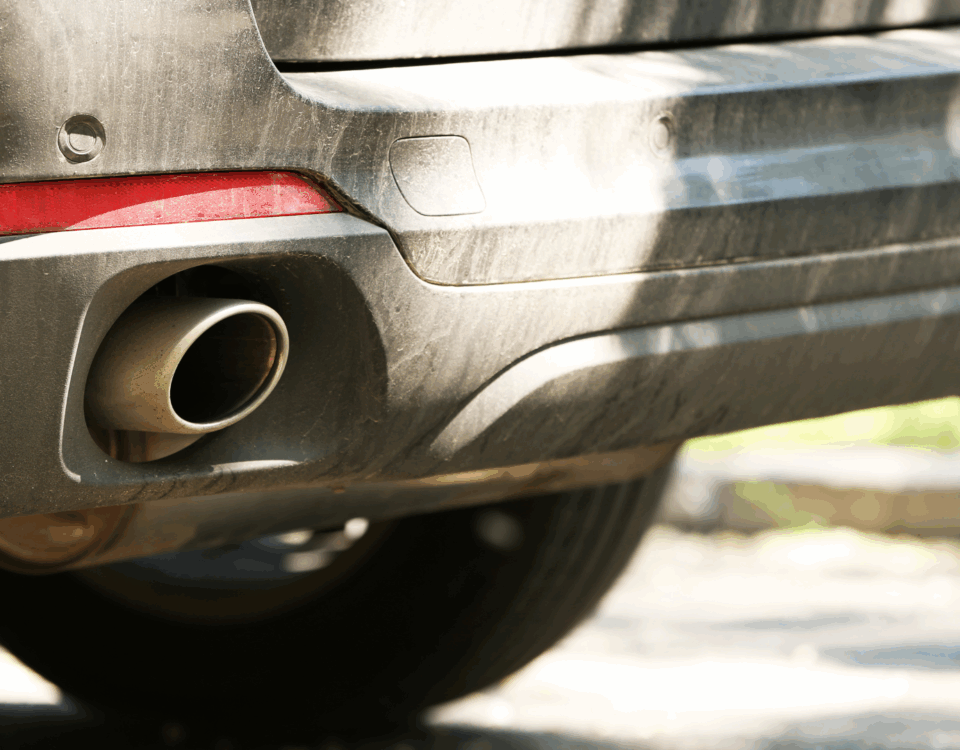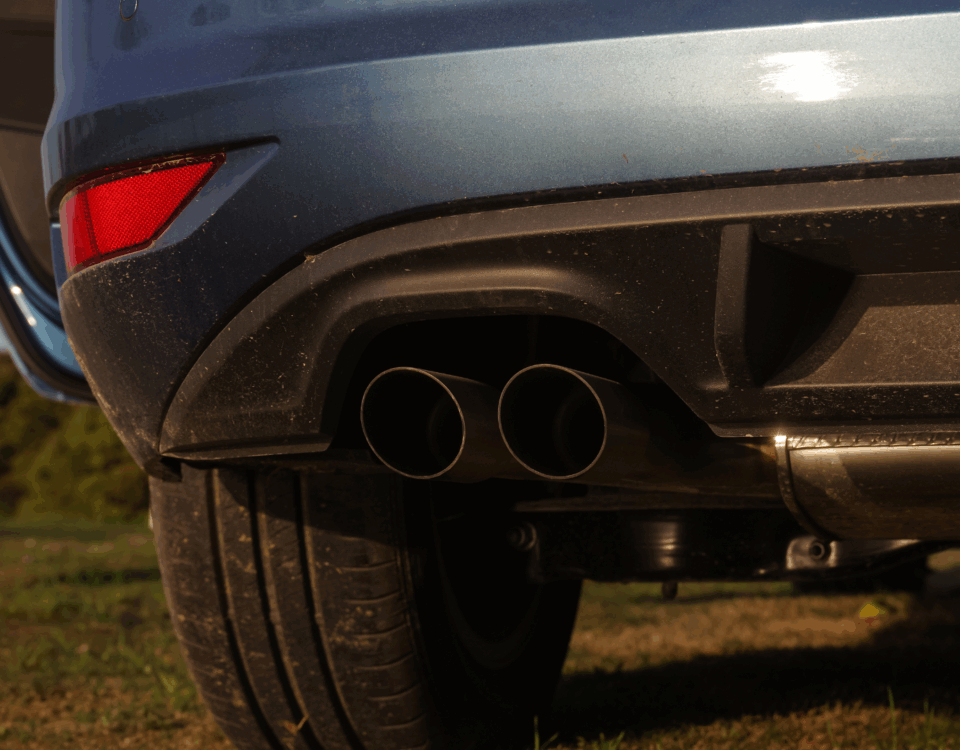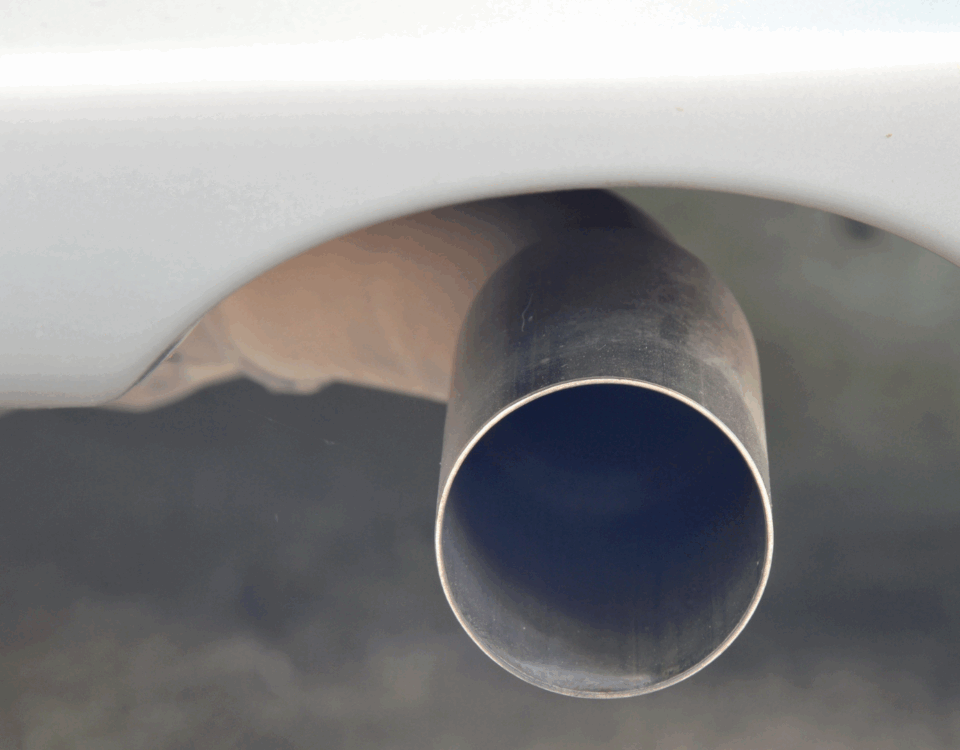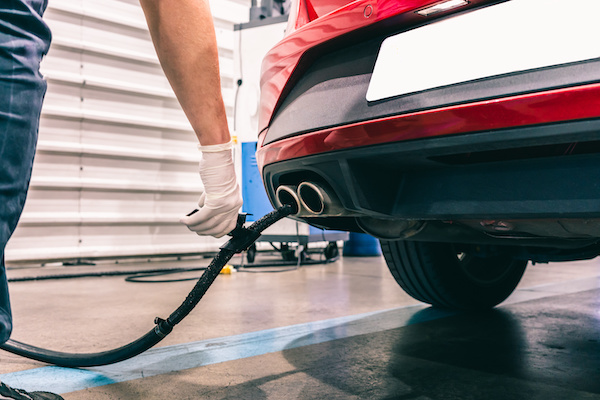
The Importance of Smog Checks for Vehicle Owners in Canoga Park
April 7, 2023
Preparing For Your Smog Check in Canoga Park – Tips and Advice
April 7, 2023Understanding the Smog Check Process: A Step by Step Guide
In the United States, smog checks are an important part of air quality regulations. They are intended to identify cars that release excessive tailpipe emissions. Depending on where you live, these tests may be required for all vehicles or only certain ones.
The smog check process consists of a series of inspection steps, including a visual, functional and emissions test. Typically, the smog check process takes about 20-30 minutes to complete.
You’ll need to find a smog station that is certified by the DMV and inspected by a third party. Usually, this will mean going to a dealership or repair shop. The type of station will also affect the cost.
Smog check fees vary by state and area, but they’re generally between $30 and $80. If you have an older vehicle, it might be a good idea to consider getting a smog check done sooner rather than later.
Besides the cost, a smog check is also a good time to have your oil changed. Leaving contaminated oil in your car can lead to problems during an inspection, so you’ll want to make sure that your engine is running at its best before it goes in for a smog check.
When you get your smog check, the station will provide you with a smog certificate, which is usually valid for 90 days and needs to be submitted to the DMV or other authority in your state. You can also use a smog certificate holder, such as NeedTags, to post your fees with the DMV and send you a new registration card and license plate sticker on the same day you pass the inspection.
The smog check process can be confusing and frustrating, especially if you’re not familiar with it. This is why it’s important to know what to expect and how to avoid common smog check mistakes.
First, determine how often you need to have your smog check done. Smog checks are normally required every other year, but some states require them even more frequently.
Some areas in California, for example, require smog checks on all vehicles more than eight model years old. You can also use a vehicle’s date of manufacture to determine when you need a smog check.
If you’re a fleet manager, it’s crucial to understand your state’s smog check requirements and take steps to comply. For instance, some states require smog checks on all cars, but others only require it on trucks and other large vehicles.
Smog checks are a vital component of fleet maintenance. When your vehicles are well-maintained, they’re more likely to pass a smog check and won’t need expensive repairs in the future.
Many smog check stations offer pre-inspections so you can address any issues that might cause your vehicle to fail the smog test. You’ll also have an opportunity to take your vehicle for a test drive after the smog check has been completed, so you can ensure it passes the next time around.
Preparing For Your Smog Check in Canoga Park – Tips and Advice
The Importance of Smog Checks for Vehicle Owners in Canoga Park



